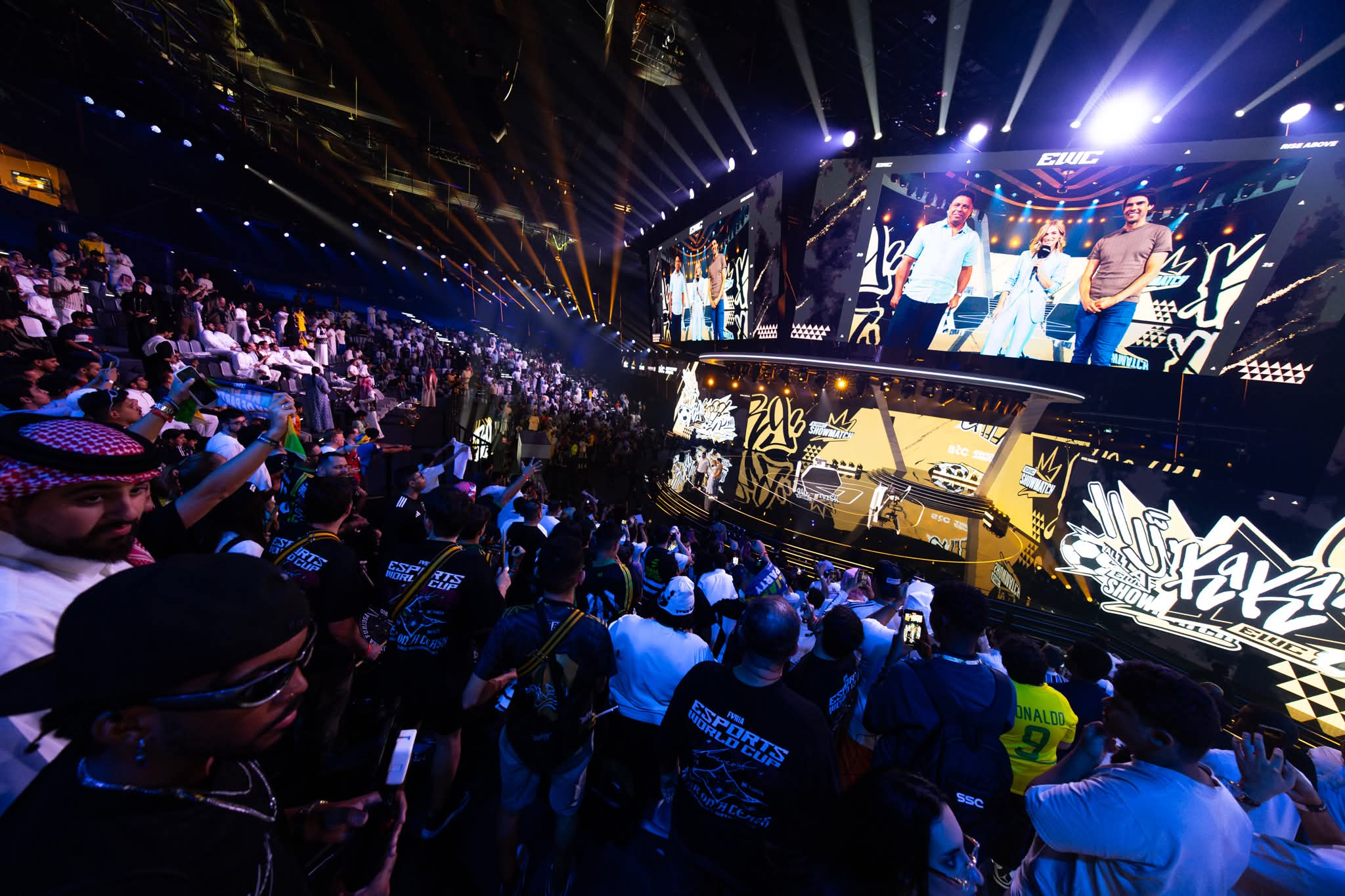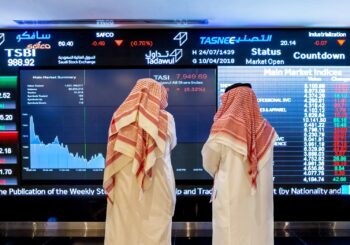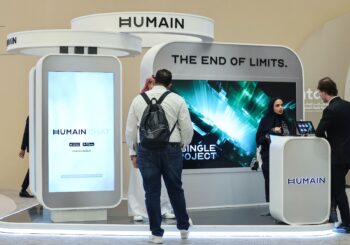On 29 September 2025, it was announced that Electronic Arts (EA), the California-based games publisher behind flagship franchises such as Madden NFL, The Sims and Battlefield, will be taken private in a record-breaking all-cash deal valued at approximately US$55 billion.
Leading the consortium securing the deal is Saudi Arabia’s sovereign wealth fund, the Public Investment Fund (PIF), working alongside private-equity partner Silver Lake and US-based firm Affinity Partners.
From a Saudi lens this move is not simply financial. It reflects a strategic shift in how the Kingdom is positioning itself in the digital, cultural and entertainment economy.
What is the Significance for Saudi Arabia’s Ambitions
For the Kingdom the acquisition aligns with a broad ambition under Vision 2030 to transition away from heavy reliance on hydrocarbons and build up new sectors such as gaming, esports, and digital entertainment. PIF’s active investment-track record in gaming already includes stakes in major publishers and the establishment of a dedicated arm, Savvy Games Group, intended to nurture home-grown talent and studios in Saudi Arabia.
Acquiring EA offers access to globally recognised intellectual property (IP), a loyal franchise base and development capability. That matters on multiple fronts: the Kingdom gains a gateway into content creation, not just consumption; it strengthens its hand in building a domestic industry of game development; and it can align those global assets with national projects such as the proposed gaming and entertainment district in Qiddiya, Riyadh, which aims to attract millions of visitors annually and incubate dozens of gaming firms.
What Does the Deal Structure Tell Us
The transaction structure is noteworthy. EA shareholders will receive $210 per share in cash, representing about a 25 per cent premium over the stock’s closing price before announcement.
The funding involves around US$36 billion in equity and roughly US$20 billion in debt financing, the largest such leveraged buy-out in history. For PIF, which had already held about 9.9 per cent in EA, this represents an escalation from minority investor to controlling presence.
Why This Matters More than Just Money
While the acquisition obviously has financial logic — video games are among the fastest-growing entertainment markets globally — the broader implications for Saudi Arabia extend into talent development, regional positioning and cultural influence.
First, the deal opens pathways for Saudi game developers and creative professionals to plug into global supply chains, share in IP development and potentially lead projects that carry worldwide distribution.
Second, because gaming is a youth-driven space, with millions of players in the Middle East alone, Saudi Arabia is placing itself as a content originator rather than purely a consumer market. That helps shift perceptions of the Kingdom from passive market to active creator.
Third, it positions Saudi Arabia at the heart of interactive global culture. Games are not only entertainment; they are platforms of social connection, competition and cultural signalling. By owning or controlling influential franchises, the Kingdom gains both economic and soft-power leverage.
What Might Change in Practice
With the deal, EA will become private, headquartered still in Redwood City under its current management, which suggests continuity. Operating privately may allow EA to focus more on longer-term franchise development, experimentation with new business models and global expansion without the quarterly scrutiny of public markets.
For Saudi Arabia the question is how quickly it can convert access into action: setting up local development studios, co-producing games that reflect regional sensibilities and integrating gaming into its national entertainment ecosystem. Success will depend on execution, regulation and the ability of local talent to absorb and innovate.
What to Watch
On one hand the acquisition must clear regulatory and national-security reviews, especially in the US and other jurisdictions where foreign investment in cultural technology is increasingly scrutinised. On the other, the heavy debt load and expectation of performance may impose pressure on EA to deliver growth and synergy with the new owners.
Likewise, the real measure of the deal from a Saudi perspective will be regionally oriented: whether the Kingdom cultivates game-development clusters, improves infrastructure (for instance regional servers and localisation) and embeds itself in global gaming networks rather than remains a financial investor on the sidelines.
Viewed through a Saudi lens though, this acquisition is not merely a headline asset purchase. It is an indicator of ambition: to build a new economic chapter, to participate in global culture and to create home-grown capacity in an industry of the future.
Games are more than pastime; they are part of the next wave of digital infrastructure. For Saudi Arabia the move signifies intent to influence not only where games are played but where they are made.








Comments (0)